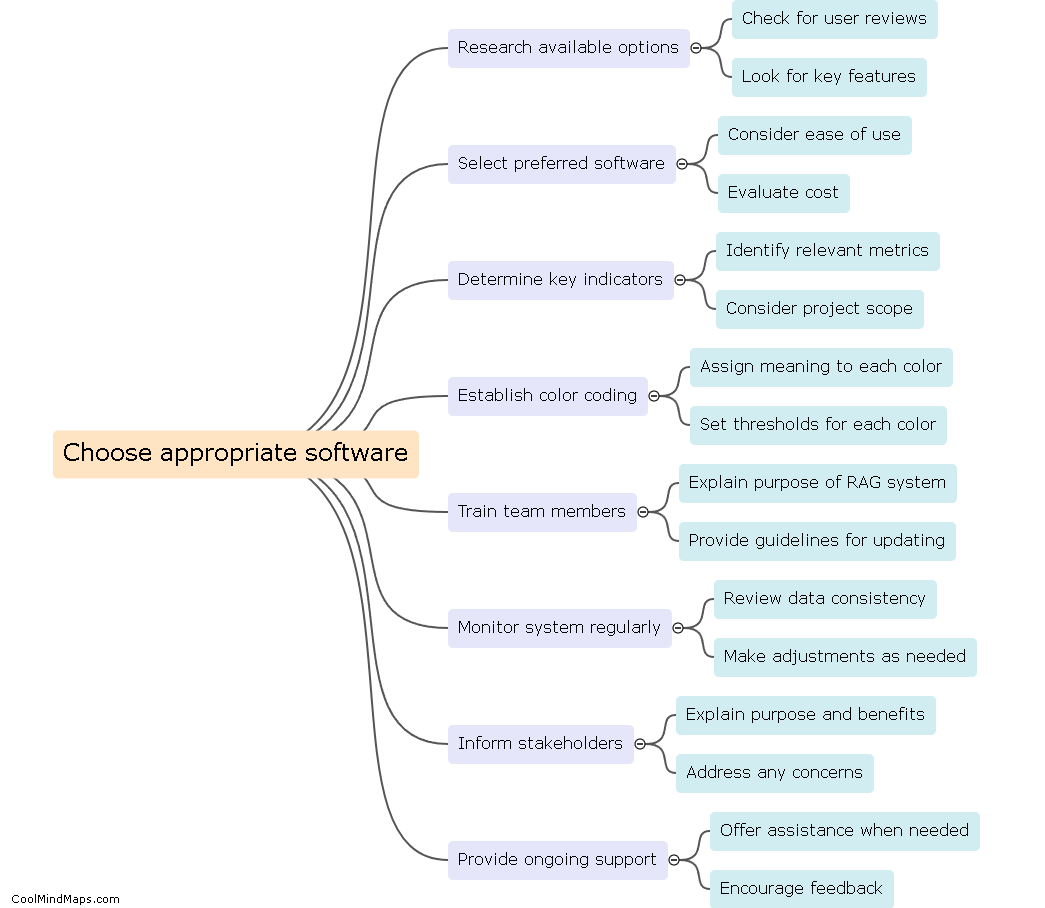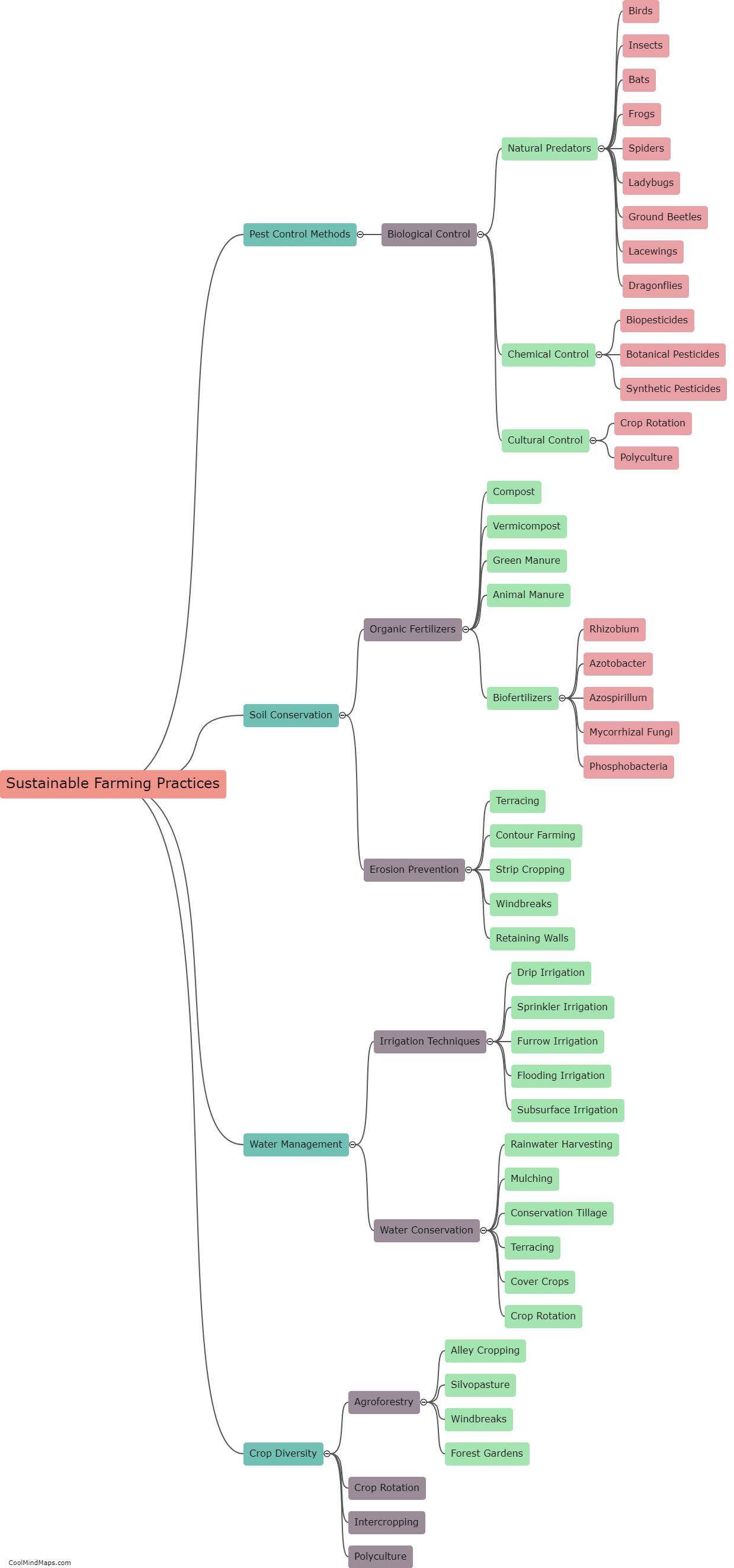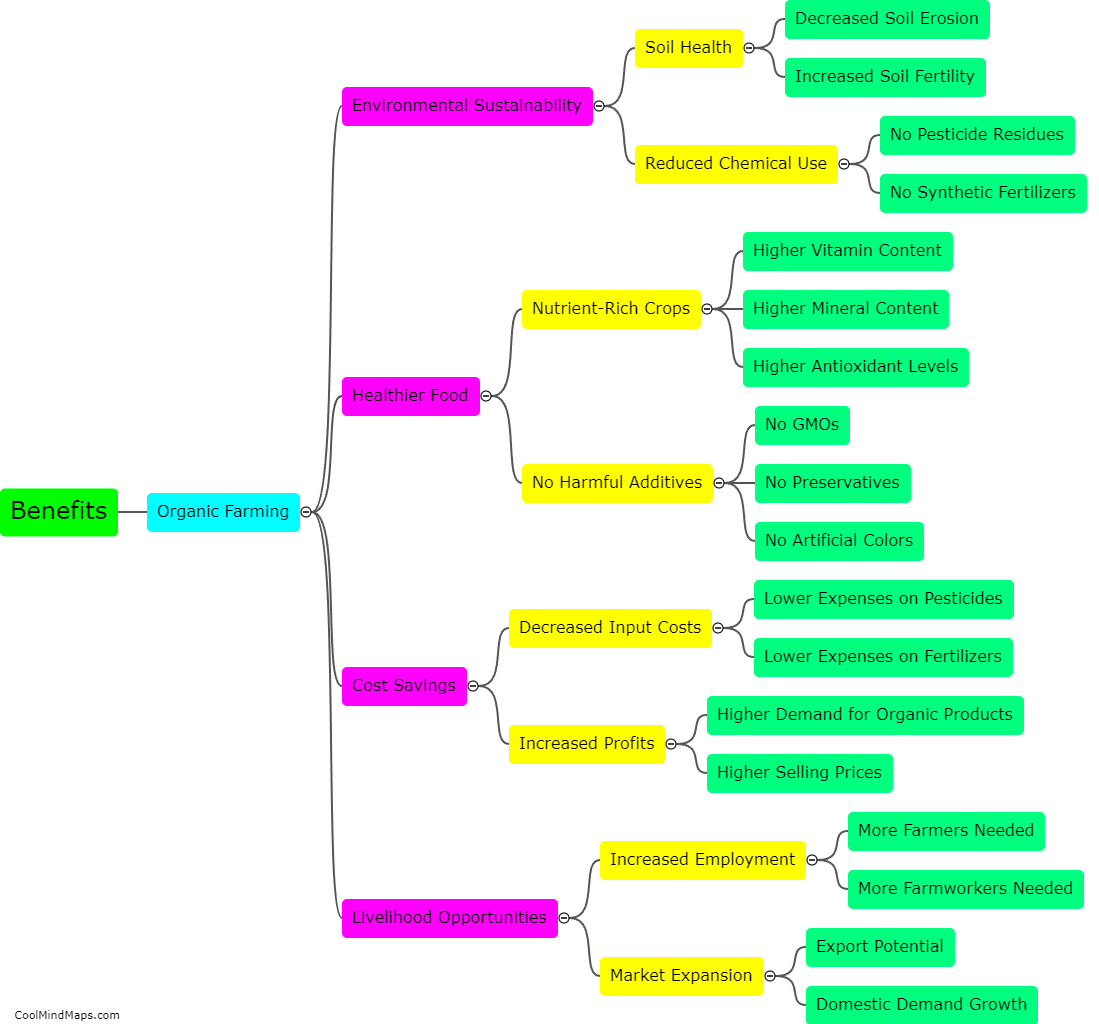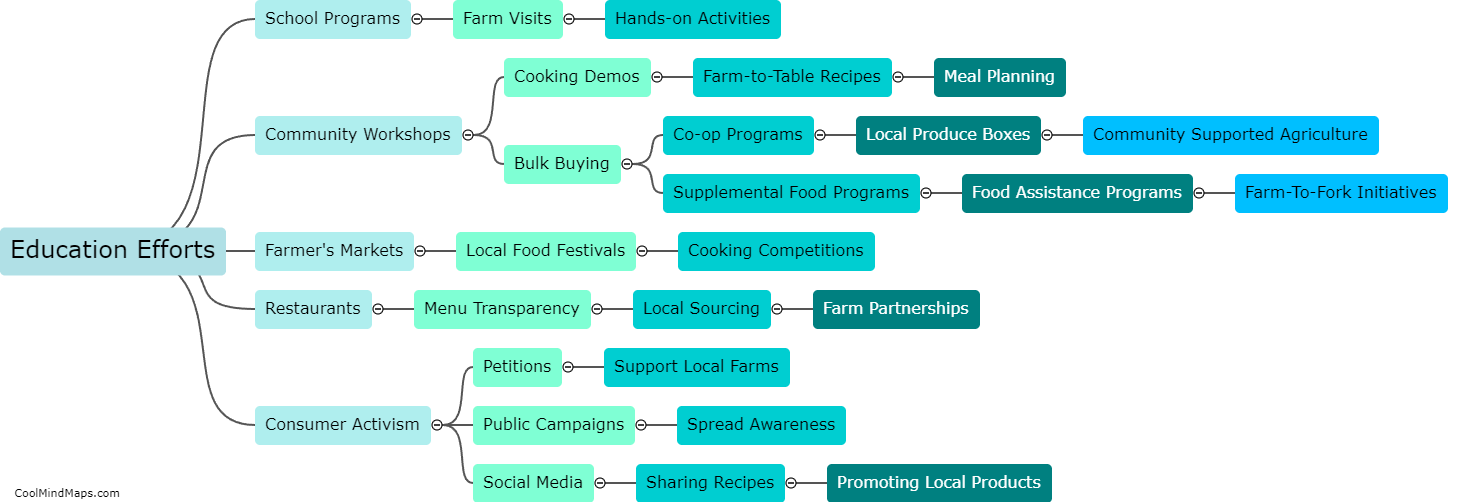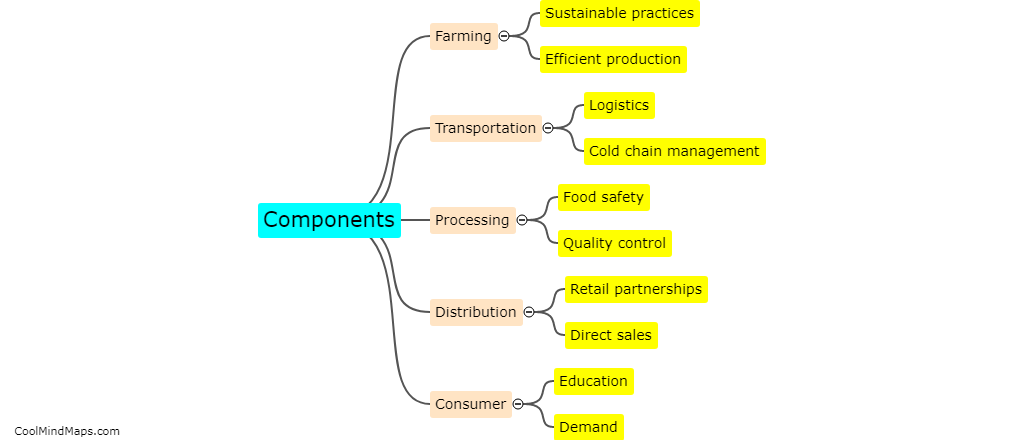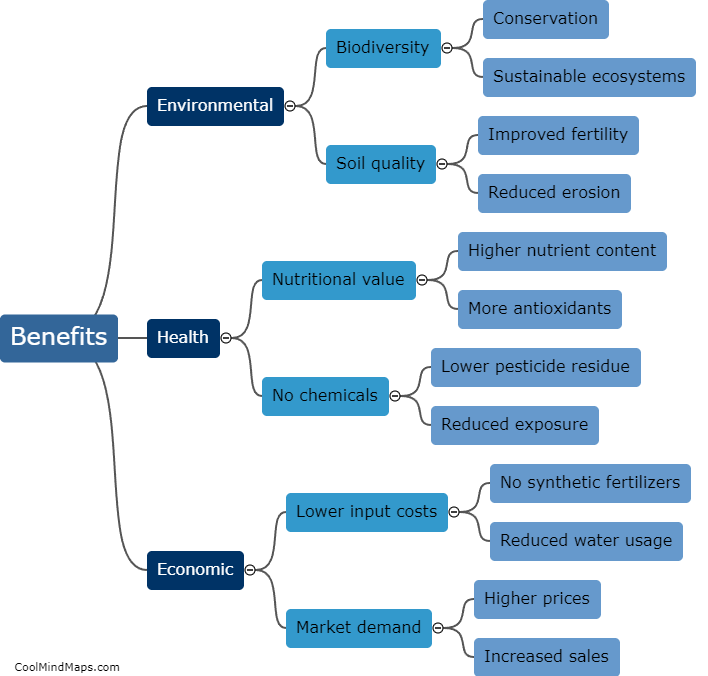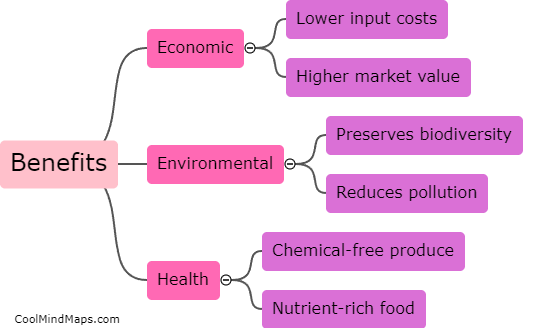What are the benefits of farm-to-table practices in the Philippines?
Farm-to-table practices in the Philippines offer a range of benefits that contribute to the overall wellbeing of individuals, communities, and the environment. Firstly, these practices promote sustainable agriculture, reducing reliance on synthetic fertilizers and pesticides while promoting organic farming methods. This not only protects the environment from harmful chemicals but also ensures the production of nutrient-rich and safe food. Additionally, farm-to-table practices support local farmers and the local economy by providing them with a direct market, allowing them to earn fair prices for their produce and enhancing food security in the region. Moreover, by minimizing the distance between farms and consumers, these practices reduce the carbon footprint associated with food transportation and contribute to the fight against climate change. Finally, by encouraging the consumption of fresh, seasonal, and locally sourced food, farm-to-table practices promote a healthier lifestyle and reinforce the connection between people and the food they eat.
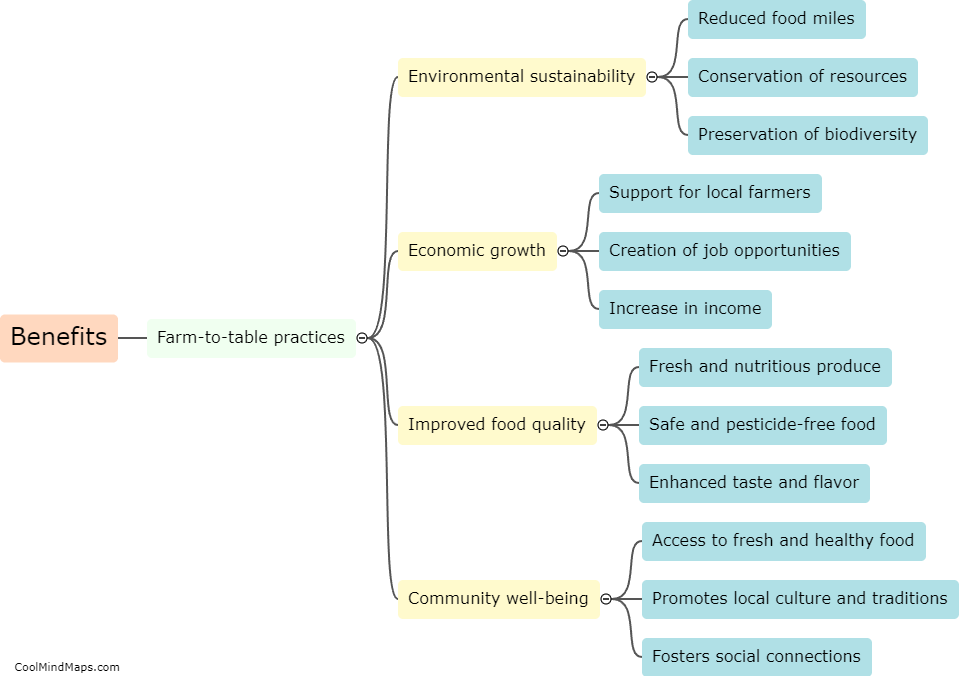
This mind map was published on 2 July 2023 and has been viewed 91 times.



